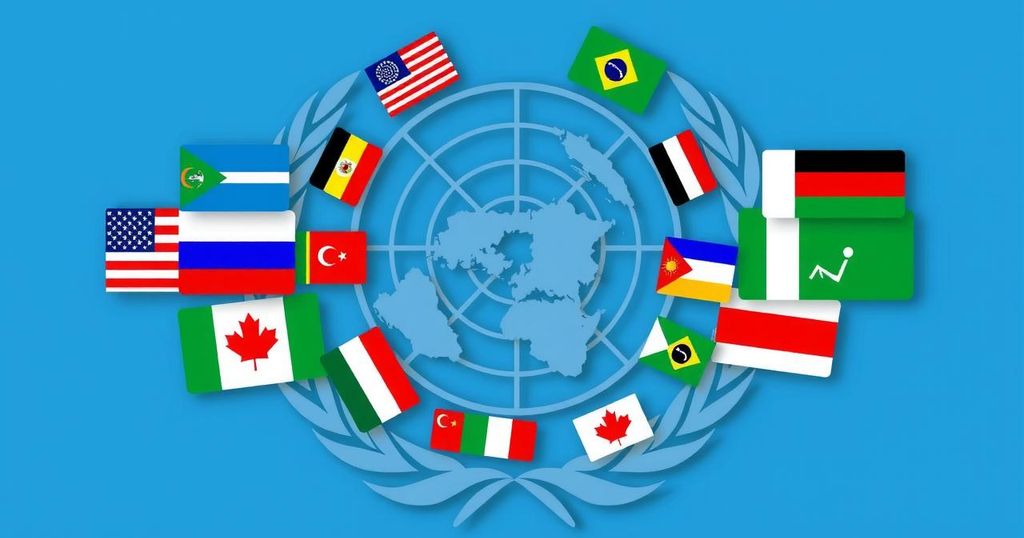Trump’s Approach to the Ongoing Conflicts in Gaza and Lebanon
Donald Trump returns to the political forefront with aspirations to end foreign wars, particularly in the Middle East, where Israel is actively engaged in conflict with Hamas in Gaza and Hezbollah in Lebanon. His leadership will be tested as violence escalates and casualties mount, despite his calls for peace and resolution.
As former President Donald Trump embarks on a return to the White House, he pledges to bring an end to foreign conflicts, particularly as tensions escalate in the Middle East. Currently, Israel is engaged in intense military operations in Gaza following the Hamas attacks on October 7, 2023, which has resulted in significant Palestinian and Lebanese casualties. The conflict in Lebanon has since involved Hezbollah, further complicating the regional dynamics. Trump has positioned himself to American voters as a decisive leader and skilled negotiator. He has expressed a desire to conclude the ongoing violence quickly, stating, “I want to get it over with and let’s get back to peace and stop killing people.” This statement underscores his commitment to shifting focus from conflict back to diplomatic relations and peace initiatives. The current hostilities have resulted in over 43,000 Palestinian deaths, predominantly among women and children, and approximately 3,000 Lebanese fatalities. This escalation represents a broader struggle for influence in the Middle East, juxtaposing the United States and Israel against Iran and its allied factions. Trump’s approach to these two conflicts will undoubtedly be scrutinized, especially in light of his commitment to de-escalation and concluding foreign wars.
The context of Donald Trump’s potential return to the White House involves navigating ongoing military conflicts that have marked recent history in the Middle East. The Israeli military offensive in Gaza, initiated in response to a significant attack by Hamas, raises humanitarian concerns due to the staggering number of casualties. Concurrently, Hezbollah’s involvement in the conflict through rocket fire adds a layer of complexity, as this response signifies regional solidarity with the Palestinians. Additionally, the shifts in power dynamics underscore the intricate geopolitical relationships at play, particularly involving major nation-states.
In conclusion, Donald Trump’s approach to the wars in Lebanon and Gaza will be pivotal in shaping U.S. foreign policy in the region. His stated intention to terminate foreign conflicts and foster peace presents a challenge amidst ongoing violence and humanitarian crises. As he undertakes this task, the outcomes will not only impact the immediate situation but also the broader geopolitical landscape, including U.S. relations with Israel, Iran, and their respective allies.
Original Source: www.middleeasteye.net



Post Comment